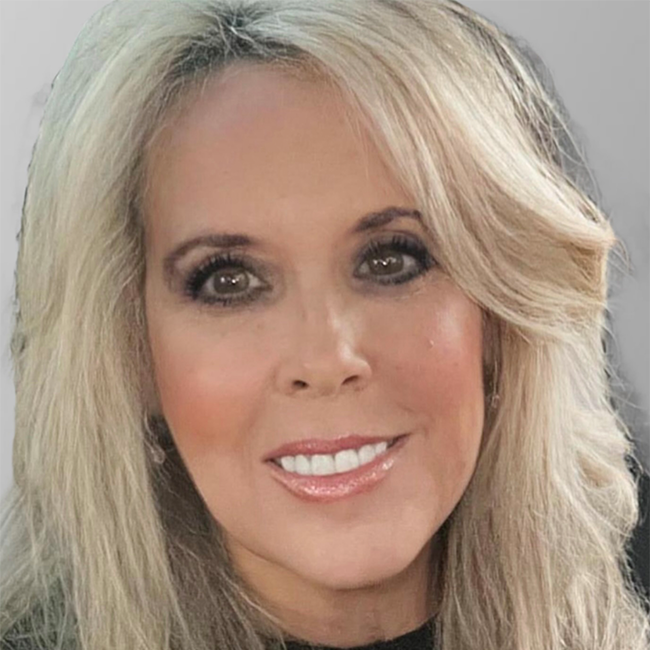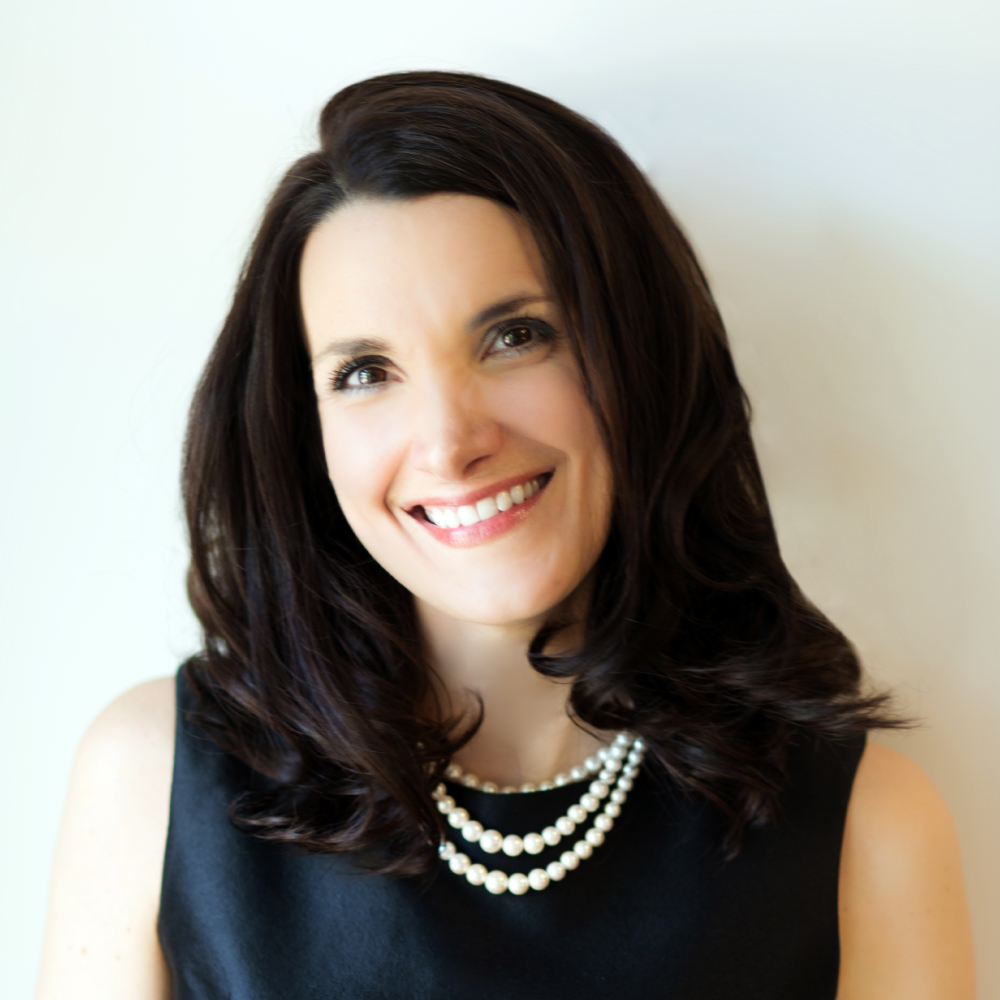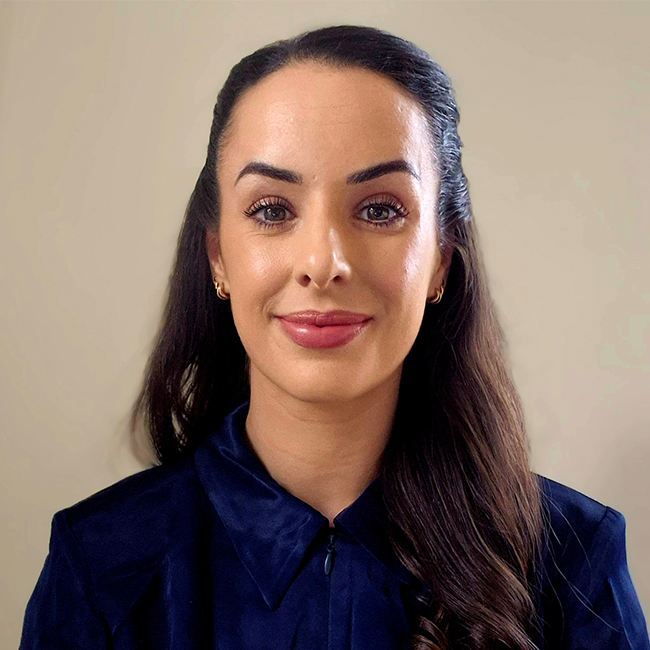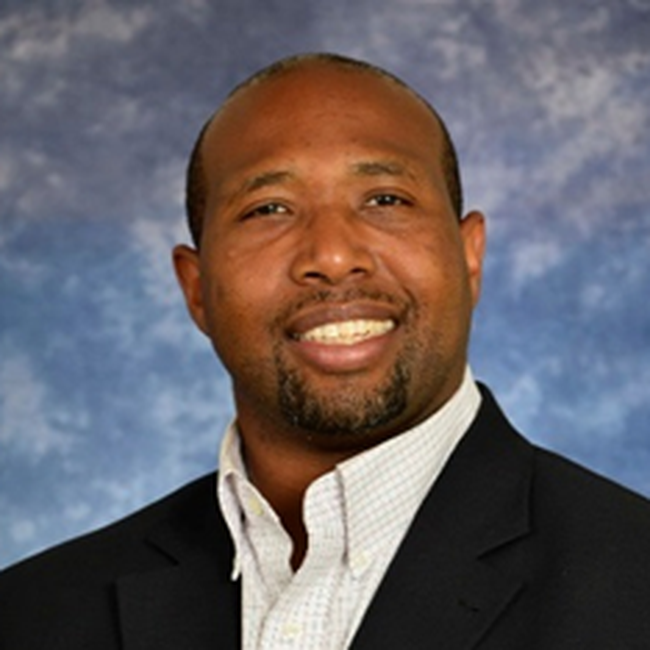
SAGE has been around for 47 years, and you’ve just hit your 10-year anniversary with the organization. What significant changes have you seen during this time?
Over the past decade, I’ve witnessed a profound evolution in how lesbian, gay, bisexual, transgender, and queer (LGBTQ+) aging is understood and prioritized within our communities and systems of care. Services and Advocacy for Gay, Lesbian, Bisexual, and Transgender Elders (SAGE) has catalyzed an LGBTQ+ aging movement and expanded our own national reach, innovating around digital engagement, volunteerism, and training. SAGE’s tagline is “We refuse to be invisible.” We have worked to move LGBTQ+ elders from the margins to the spotlight. They are leading in their communities and shaping the policies that affect their lives. This shift from marginalization to momentum has been powerful to witness.
What made you most interested in engaging with the Milken Institute on housing for LGBTQ+ elders?
I attended the 2024 Milken Institute Global Conference and was impressed by the audience and breadth of topics. Partnering with the Milken Institute propelled LGBTQ+ elder housing to the forefront of discussion. In this federal environment, we must explore new avenues to advance solutions to LGBTQ+ aging issues. Our mission is to improve the lives of LGBTQ+ elders, and to do so, we must explore and implement bold, forward-thinking ideas. Collaborating with the Milken Institute offered an opportunity to convene thought leaders to spark new models for LGBTQ+ friendly housing.
How has the insight gained from the presentation and summary report, “Models for Financing Affordable and LGBTQ+-Affirming Elder Housing at Scale,” impacted your work at SAGE?
The insights from the report have expanded our thinking around what’s possible for the future of LGBTQ+ aging and sparked important conversations about innovative financing mechanisms to shape the housing landscape. Hearing the positive feedback from this year’s Milken Global Conference, where our CEO, Michael Adams, participated in a panel on the report, was especially heartening and signaled a growing cross-sector interest and shared commitment to imagining bold, forward-looking solutions for LGBTQ+ elders. The recommended solutions in the report will shape SAGE’s approaches to advancing LGBTQ+ affirming elder housing for years to come.
Despite today’s uncertainties, what developments or experiences fuel your optimism about the future of LGBTQ+ older adults?
Despite today’s uncertainties, I remain deeply optimistic about the future of LGBTQ+ older people. Their resilience, coupled with SAGE’s daily work, drives real change. From our inclusive SAGE Centers and housing initiatives to provider training through SAGECare and volunteer-driven advocacy, we’re building a future of dignity and affirmation. What fuels me most is witnessing intergenerational solidarity and communities showing up for one another. These moments—along with local policy wins and grassroots efforts—remind me that progress isn’t just possible, it’s already happening. And together, we can keep moving it forward.
Can you recall a moment that underscored the need for more inclusive housing and care for LGBTQ+ elders?
Whenever I visit Stonewall House, the nation’s largest LGBTQ+-friendly affordable housing facility, I’m reminded why inclusive housing is so essential. It’s more than a roof over someone’s head—it’s a diverse, supported community. It’s a space where LGBTQ+ elders and allies are living authentically, in community, and with dignity. I see joy, connection, and safety in those hallways. People often tell me they hope a place like this will be there for them when they grow older. That’s the call to action: we need to lay the foundation now to ensure affirming, community-rooted housing exists for generations to come.
What is one recommendation from the report that you find most exciting or promising to expand affordable and affirming housing options for LGBTQ+ elders?
One recommendation that truly stands out for me is the idea of issuing dedicated social bonds to fund LGBTQ+-affirming elder housing, attracting mission-driven investors, and unlocking sustainable capital for inclusive housing, culturally competent services, and safe, welcoming environments. What makes this approach especially compelling is its scalability and built-in accountability–tying returns to measurable outcomes like reduced isolation or improved health. By starting in LGBTQ+ friendly states and aligning with impact-driven partners, there is a real opportunity to advance this model, demonstrate success, and gradually shift the narrative on what inclusive elder care should look like.











